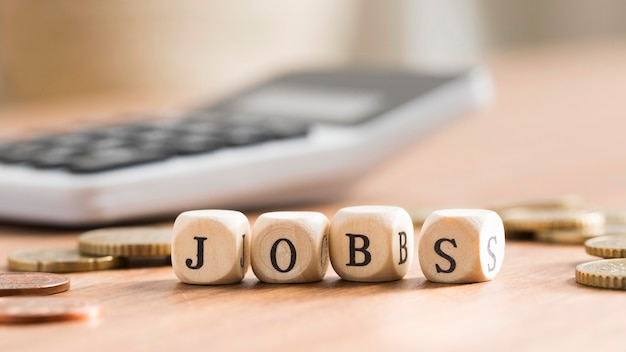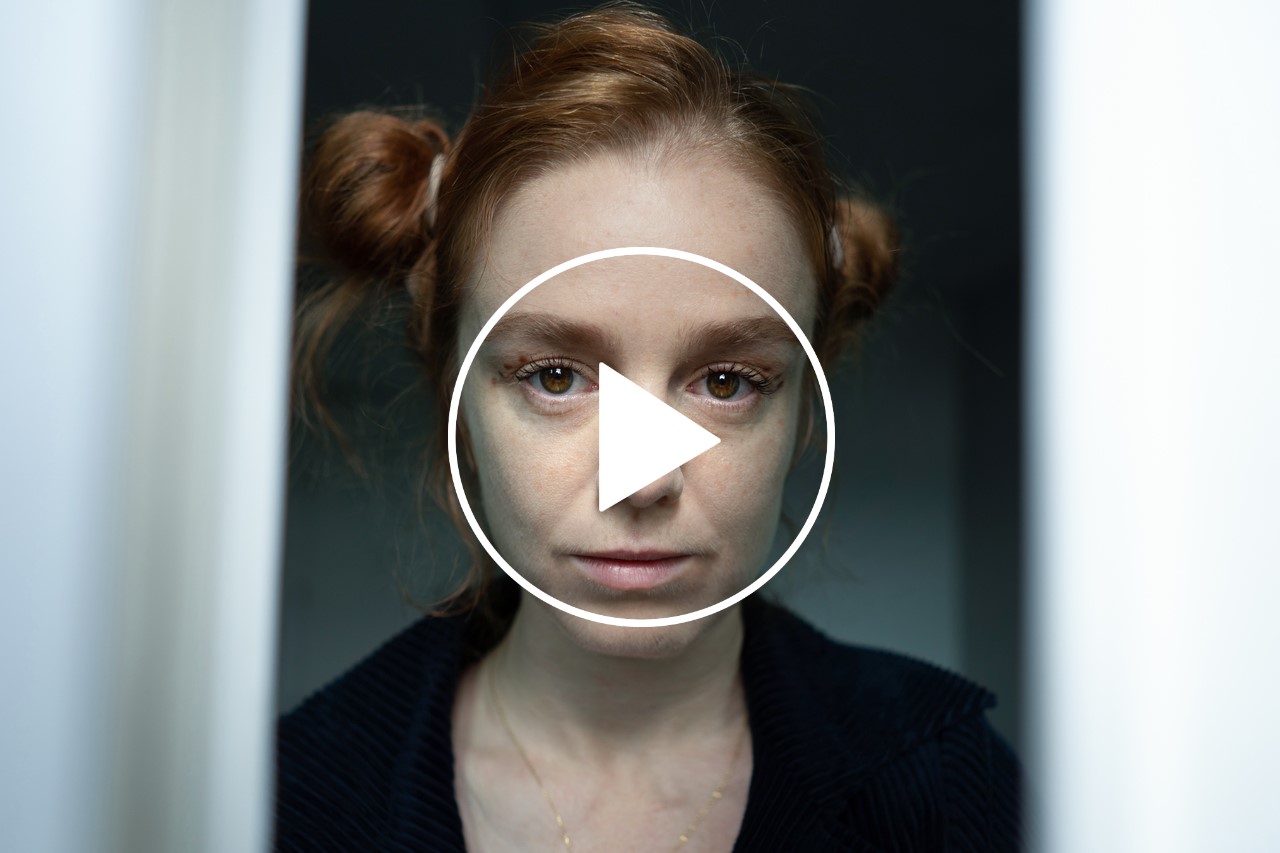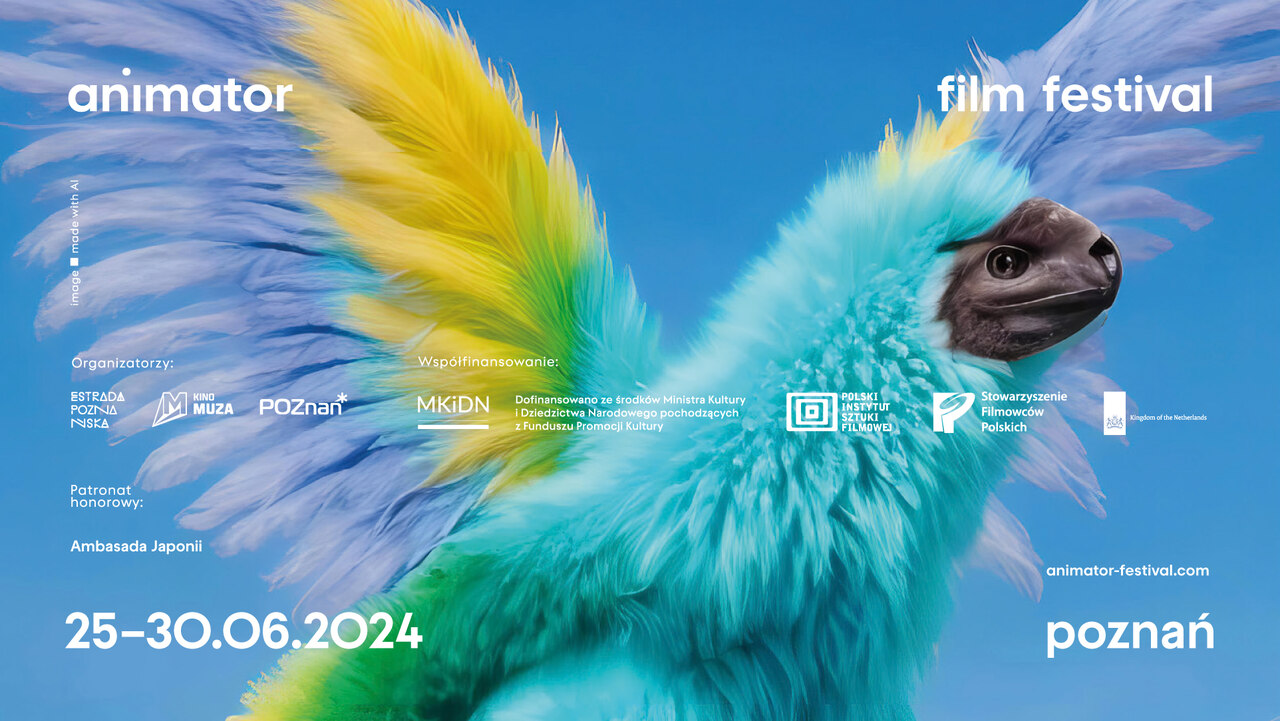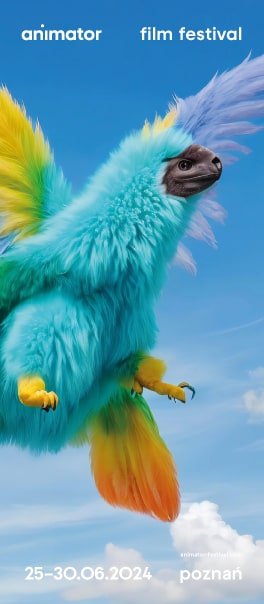
We have been sitting here for a few hours. It is already dark. Addis Abeba is slowly falling asleep. The street is getting ready for the night shift. I am with Dawit and his brothers. A long-legged bartender brings us more beer; she gives us a glance and tokens so that she can make out our bill later. She always brings eight beers on a tray, which we drink fast, then we exchange tokens. Everyone laughs that I do not know what this count is about.
We discuss politics, life, religion and dreams.
‘I’ll live there one day,’ she points to a residential estate whose inhabitants park Land Rovers in their garages. How does it happen anyway? One parks an expensive car in a house separated from the rest of the world, while the other fights for food every day. There are also the illiterate, the sick, people without hope, and the invisible ones, that is the middle class – all that in one district, a pot of exhaust fumes, the hot sunshine and a lottery of life, where the majority will not win their dreams.
I met Dawit on my second day in Ethiopia. He was born in a city of smog, changes, turbulent history. He is a photographer, likes football and good beer, has a wife and children. He would like to buy a new Canon or Imac, but it is not that easy. He would buy lots of things online, but this technology is not very advanced here. His Internet connection is slow, and he has an old phone, which is rubbish on our continent.

He walks me home with his brothers, because they were born in a country where it is dangerous at night.
Gilson returns from hunting before midnight. He brings a corpse of some prey; there will be food for some time. Every day, he sails alone along the largest river in the world. He has two sons: Geison and Geilson, daughter Geiciane and wife Marli. They live an hour by motorboat from the port. In the area, there are only two houses and a jungle.
I am listening to stories about anacondas, jaguars. ‘What animals live in your country?’ the hunter asks. ‘We have bears, too,’ I say.
He takes me out at night to show me alligators. He navigates the motorboat without any light, in complete darkness. In the morning, we swim in the river together; it is believed that water monsters are afraid of groups of people, and alligators do not venture here. The whole family grows guarana. They eat what their father catches; they sometimes bring rice from the port.
This is where he was born and he does not want to move to the port. His world is nature and family, an old phone, a gun and a football club T-shirt, which he gives me at goodbye.
Jake always has a ball with him. Right after school, he goes to the Reverend and Fatima with two friends. They get coffee and something to eat there. It is not easy at home; he has never met his father. His dad got cold feet and left his mother when she was pregnant. This happens here often.
There are many large families and fish for dinner, because rice is a delicacy. Young women with a cluster of kids; no father or fathers.
Faith, God, a daily dose of prayers and a box of popcorn after the lesson.

Thanks to Jesus for another day, for what they have, their children, everything. Julius Fromm is left out in thanks.
Jake was born in this place.
I take his photo after 15 minutes. He does not speak a word in English, but his eyes tell a story. Some do not have to use words to speak. Jake has two sisters; there are no floors in their house, the kitchen is an old furnace. He is the only man in the house. I visit them late in the evening. The boy is happy; he introduces me to his family. He has leadership qualities; he is the strongest among his friends, smart and open to the world. Soon, he will meet a girl, fall in love.
It is a pity he is only 14, because I would leave him a pack of condoms at goodbye.












